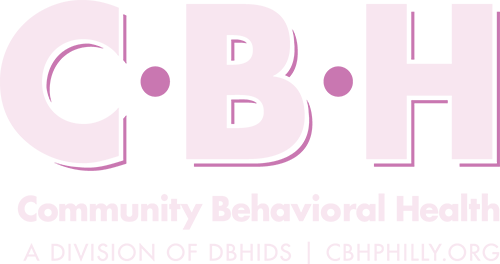CBH Guides Families Through the Behavioral Health System with New Family Navigator Program
Community Behavioral Health (CBH), in partnership with Philadelphia Family Voices (PFV), is proud to announce the launch of the Family Navigator Program, a compassionate, family-centered initiative designed to guide children and families through the challenges of accessing behavioral health care. Selected as one of only six sites in Pennsylvania for the Family Navigator Pilot, led by the Youth and Family Training Institute (YFTI) and the Office of Mental Health and Substance Abuse Services (OMHSAS), this program showcases CBH’s commitment to early, compassionate, and family-driven support.
The program is designed to support families with children and youth ages 5 to 17 who are visiting a children’s psychiatric Crisis Response Center (CRC) or a behavioral health Urgent Care Center (UCC) for the first time. The program is aimed at families without complex system involvement or intensive care needs who are recommended for local mental health and support services. While it prioritizes families who have not previously received mental health care, any family needing help connecting to services is welcome. Children must have a Serious Emotional Disturbance (SED) designation. The program is not available for youth over 17 or those needing acute inpatient care.
Philadelphia Family Voices (PFV) began with just one Family Navigator at the Philadelphia Children’s Crisis Response Center (PCCRC), offering families support through follow-up phone calls. With the launch of this expanded program, two additional Family Navigators will now be available at the Children’s Hospital of Philadelphia Crisis Response Center (CHOP CRC), the PCCRC, and PATH’s Children’s Urgent Care Center (UCC). These navigators provide hands-on, longer-term support for each family, lasting three to six months. They may be peers with lived experience or trained professionals, and they assist families in attending appointments, accessing resources, and navigating the behavioral health system. By supporting families from their very first visit, the program helps ensure early guidance, reduces gaps in care, and connects families to essential community services.
CBH anticipates serving 200–300 families in the first year, offering early, tier-one interventions that provide guidance, reassurance, and connection when families need it most.






